More than search engines: Business registers becoming Trusted Data Hubs and Inclusion Promoters
Entrepreneurship is booming. Driven by either necessity – lack of jobs or opportunity, a niche or market sector is not being filled, entrepreneurship is stimulating economic growth, innovation and social change. Not only in countries being the usual suspects for new business, such as the US where in several states the growth rate of business applications from 2019 to 2022 rose by as much as 75% or more, but also in regions of developing economies.
The digital age is ruining the barriers for new businesses
With the rise of the digital age, barriers to entry into the markets for aspiring entrepreneurs have significantly decreased.
For instance, from close to 386,000 registrations in South Africa in 2020 to around 510,000 companies registered in 2021 and to almost 470,000 in 2022 as reported by the Companies and Intellectual Property Commission (CIPC). Moreover, according to the Global Innovation Index 2022, South Africa is included in the top three innovation economies in sub-Saharan Africa.
Standing out in Latin America and the Caribbean, Brazil achieved its best rank since 2012 according to the Global Innovation Index 2021. Brazil is the only economy in the region where R&D expenditures are above 1% of GDP and comparable to some European economies, like Croatia and Luxembourg. With the introduced Gov.br Platform, a single portal with public services, Brazil facilitated the opening of branches of foreign companies. Since 2019, 92 foreign companies have been authorized to operate compared to 21 requests registered between 2016 – 2018.
Companies seek the confidence to understand, engage, and communicate with data
It is evident that both new and established companies are moving beyond the basic requirements of registration and compliance with company regulations. They are now placing a growing emphasis on gaining confidence in comprehending, engaging with, and effectively communicating with data. This includes activities like comparing with industry peers, analysing the sector, and identifying potential partners and competitors. Data literacy emerges as a cornerstone in building this confidence, enabling companies to interrogate data critically and utilize it for informed decision-making.
We are all used to ‘google’ tons of information and expect that all can be found online nowadays. Search engines develop more advanced algorithms and additional services to fill in the need for data. Google turns 25 this year and since it started it has grown to provide more than search results – considering its users’ needs it expanded into an ecosystem, providing translation, workspaces, email and meeting services, now also AI and analytics hub.
We have become accustomed to effortlessly accessing vast amounts of information through ‘googling,’ assuming that all can be found online nowadays. Search engines continuously enhance their algorithms and add extra features to meet the growing demand for data. As Google marks its 25th anniversary this year and since it started it has grown to provide more than search results. In response to users’ needs, Google has expanded into an ecosystem, providing translation, workspaces, email and meeting platforms, and more recently, an AI and analytics hub.
When we think of registered businesses and all the data that is googled every day by employees, partners, and authorities checking compliance and lawfulness of their activities – it is not a question of how much can be found. It is rather a question of how reliable the data is and what value it brings. Google will not tell them how to compile a trusted picture that indeed could be used for any decision-making.
Digging to the source of company information
Business registers around the world are well positioned to leverage the unique opportunity to serve their markets as Trusted Data Hubs, with advanced data services promoting transparency, inclusion, and data literacy.
Fortunately, digitization continues to evolve allowing them to make the most out of this opportunity – from company registration process, digital IDs, and ownership transparency to paperless reporting. Modernisation programs are rolling out to adjust the registration, company data collection, and storage systems adapting to the variety of that data:
- Company basic data
- Financial statements
- Ownership
- Persons having the power to represent
- Intellectual property, patents and trademarks
- Articles of association
- Links between companies
- Tax arrears
- Credit, mortgage
- Business permits, certificates
- Coming: ESG/sustainability data
Making sure that the data remains reliable for all users and reducing the complexity of data provision, data search and sharing are high on the priority lists for such modernisation programs. These objectives are driven by the user-centric approach where the registers, similarly to big tech, aim to simplify the lives of their users – remaining an attractive source of information, providing data credibility, and guarding compliance with the companies’ rules.
Trusted Data Hubs: Synergising data power and tech innovation
When expanding into data ecosystems with services and simplifications that provide real value to users – internal and external (business users, citizens, financial intelligence units, tax authorities) – the user-centric approach comes up with user journeys that guide system development roadmaps, technologies, and data standards to apply.
In the EU, when studying the desirability, feasibility, and viability of the European Single Access Point (ESAP) as the single go-to place for company data, the project team looked at the stakeholders, their key needs, and user journeys. What the identified users search for, how they retrieve and share the data, and what they do with the data. Then it analysed data standardisation – including financial and ESG data – that helps to realise the journeys identified. Only then employ the kind of technologies that are best fit. XBRL (eXtensible Business Reporting Language) for data exchange, IFRS (International Financial Reporting Standards) for financial reporting, APIs for connectivity and data sharing, and standard digital identifiers for comparability and automated searches – these are all enablers of Trusted Data Hubs.
Business registers have already started the journey – now it will be less than it took Google to become an ecosystem for sure. Apart from the intelligence value, trusted data leads to fostering the social impact of inclusion, data literacy competencies, and greatly enriches the decision-making processes with valuable insights propelling economic growth and sustainable agendas forward.
Supporting business registers with advanced data-driven technology like ATOME Platform and professional services alongside, we boost their journey towards becoming Trusted Data Hubs, building global transparency and standardization.
Our active involvement in the projects of the global data standards communities, consulting the European Commission in the process of developing the European Single Access Point (ESAP) and more are encapsulated in our unique in-depth expertise that we use to help business registers confidently navigate the complex data challenges. Promotion of data literacy competencies, economic growth, social impact of inclusion and reaching sustainable goals are among the key benefits that come along.
Find out more about how we help business registries achieve their strategic goals with our advanced technology and services.
Book time with our consultants today →


